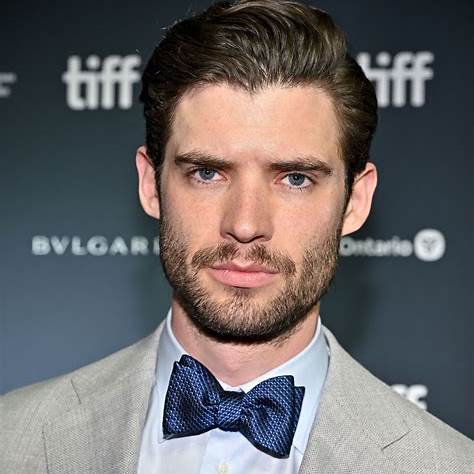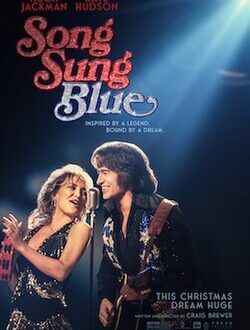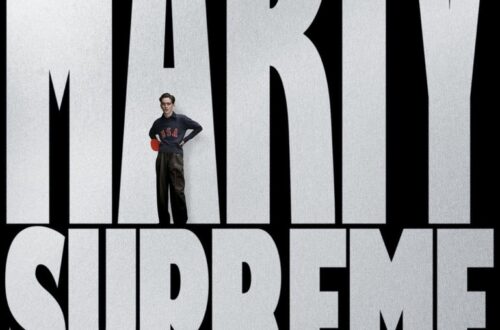When David Corenswet was announced as the new Superman, reactions rippled through the entertainment world with equal parts curiosity and excitement. For some, the 32-year-old actor was still a fresh face, familiar from prestige television but not yet a household name. For others, especially those who had followed his career from Juilliard to Netflix dramas, the news felt inevitable. Corenswet’s poise, warmth, and sharp charisma seemed to have been pointing him toward the role all along. Now, as he steps into the red cape once worn by Christopher Reeve, Brandon Routh, and Henry Cavill, he is carrying forward not only the legacy of one of cinema’s most enduring icons but also his own carefully built narrative of craft and conviction.
Corenswet grew up in Philadelphia, the son of a lawyer and a stage actress, and it was the theater that first gave him a sense of purpose. From high school productions to community stages, he immersed himself in character work, understanding early that storytelling wasn’t just about imitation but empathy. That drive carried him to New York City, where he was accepted into Juilliard, the legendary training ground for actors who embrace both rigor and risk. There, he honed not only his voice and body but also his ability to inhabit complexity. He appeared in Shakespearean tragedies and contemporary plays, winning attention for the maturity of his performances. Teachers noted that even then, his presence had a quality that seemed to belong to a larger stage.
After graduating in 2016, Corenswet quickly found his way to television. His first notable role came with House of Cards, where he appeared as the eager but doomed intern Reed. Though a small part, it introduced him to the rhythms of prestige drama. His breakout came soon after with Ryan Murphy’s The Politician, where he played River Barkley, a golden boy with a troubled soul. The performance was magnetic—Corenswet embodied the blend of charm, vulnerability, and tragedy with such ease that audiences began to see him as more than just another handsome face. Murphy brought him back for Hollywood, where he played Jack Castello, a World War II veteran pursuing a career in the movies. That role, drenched in golden-age glamour and moral dilemmas, was another step in shaping Corenswet’s image as an actor drawn to characters with both surface allure and deeper resonance.
In the years that followed, he proved his versatility. He appeared in Ti West’s horror prequel Pearl, opposite Mia Goth, delivering a performance that balanced sinister undercurrents with small-town earnestness. He joined the ensemble of HBO’s We Own This City, where he shed his leading-man gloss to play a Baltimore police officer caught in corruption scandals. Most recently, before his Superman casting, he appeared in the disaster epic Twisters, a reminder that he could command spectacle just as comfortably as intimacy. Each project seemed to build toward the kind of role that requires both mythic stature and human relatability.
That trajectory became clear when James Gunn and Peter Safran took over DC Studios and set out to reboot Superman for a new generation. Gunn, in particular, emphasized his desire to recapture the optimism and decency that defined the character in the comics, steering away from the darker tones of recent iterations. Corenswet fit that vision with uncanny precision. His screen test revealed not only a commanding Superman but also a Clark Kent full of warmth, curiosity, and slightly bumbling humility. Co-star Rachel Brosnahan, cast as Lois Lane, sparked immediate chemistry with him, and their rapport has been described as both playful and genuine.
The casting was also a personal milestone that echoed through Corenswet’s family history. His grandfather, Edward Packard, created the beloved Choose Your Own Adventure book series, which inspired generations of readers to imagine themselves as the hero of a story. Storytelling, in other words, has long been in his blood. Taking on Superman—arguably the most iconic story of all—feels like an extension of that inheritance, a living embodiment of the idea that narratives shape lives. Corenswet has acknowledged this connection, suggesting that growing up around stories that offered readers choices made him deeply aware of the moral dimensions within any tale. As Superman, he will bring that sensitivity to a character defined by choice: the choice to use strength for compassion, the choice to lead with kindness instead of fear.
The new Superman film has already become a box-office success, crossing $600 million worldwide and restoring some faith in DC’s cinematic future. Critics have praised Corenswet’s performance for capturing the elusive combination of power and vulnerability. He doesn’t play Superman as a god but as a man burdened and uplifted by responsibility. His Clark Kent is thoughtful, even a little awkward, while his Superman radiates assurance without arrogance. The transition between the two feels organic, which is no small feat given how often the disguise has been treated as implausible.
On set, colleagues describe him as collaborative and grounded. He is known for bringing humor to long days of shooting, as well as for his meticulous preparation. James Gunn has singled him out as the embodiment of what he wanted Superman to be: not merely a symbol of strength, but a character who inspires trust through decency. Corenswet himself has said he sees Superman as “the ultimate immigrant story, the story of someone trying to do right in a world that isn’t his own.” It’s an interpretation rooted in empathy, and it comes naturally to an actor trained to find the beating heart beneath the myth.
Off camera, Corenswet remains private, though he has spoken warmly about his family and the importance of keeping perspective amid sudden fame. Friends note that he still approaches his work with the discipline of his Juilliard days, studying scripts with precision and showing up on time with a sense of duty. Stardom, it seems, has not dimmed his seriousness of purpose.
Looking ahead, Corenswet’s career feels wide open. Superman will define him in the public eye, but his filmography shows a performer unwilling to be limited. The theatricality of Hollywood, the rawness of We Own This City, the eerie tension of Pearl—these roles point to an actor who can navigate multiple genres. And with his lineage tying him back to one of the great creators of interactive storytelling, it seems certain he will continue choosing roles that allow him to stretch.
David Corenswet may now be the Man of Steel, but he is also still the boy from Philadelphia who loved the theater, the Juilliard graduate who sweated through rehearsals, and the grandson of a writer who believed every reader deserved to see themselves as the hero. His story is still unfolding, but with Superman, he has stepped into a part that feels both historic and deeply personal. The cape fits not just because of his physique, but because of the humanity he brings to it. In a world often starved for optimism, David Corenswet’s Superman reminds us that hope is not naïve—it is necessary.




